Human race just 0.01% of all life but has eradicated most other living things
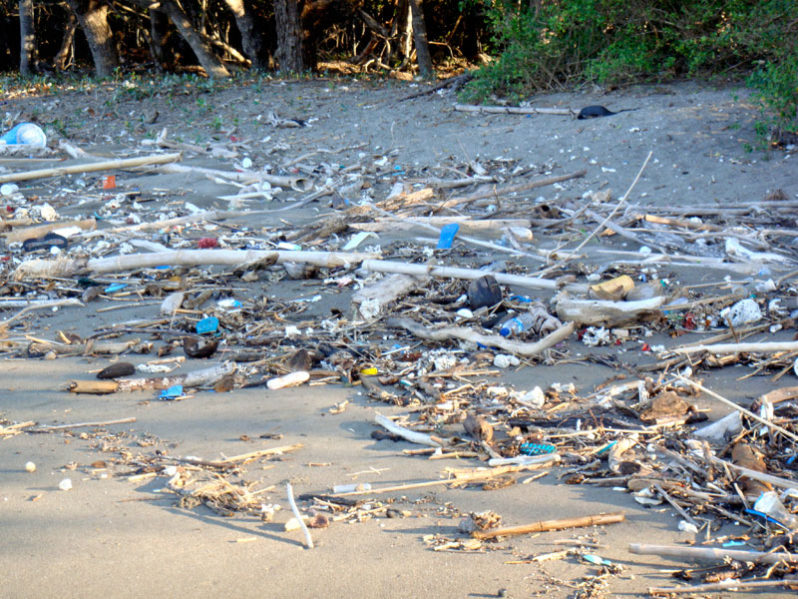
Humankind is revealed as simultaneously insignificant and utterly dominant in the grand scheme of life on Earth by a groundbreaking new assessment of all life on the planet.
Adapt or die: Can evolution outrun climate change?
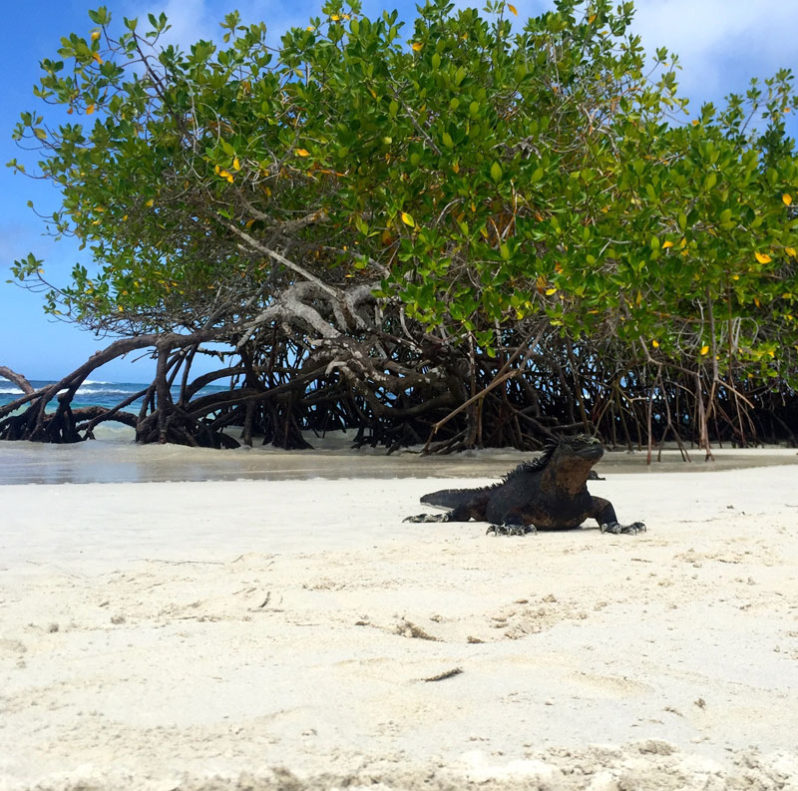
Across the planet, animal and plant species are on the run. A rapidly changing climate is shifting when and where plants blossom, and forcing creatures big and small to migrate and learn new tactics for survival. It’s a trend that’s likely to accelerate as scientists expect to see more extreme weather events.
Shocking Study Shows One Third of World’s Protected Areas Degraded by Human Activities
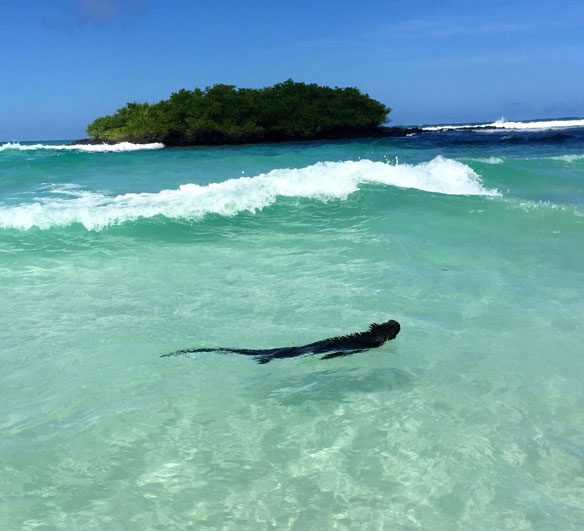
A shocking study confirms that one third of the world’s protected areas — an astonishing 2.3 million square miles or twice the size of the state of Alaska – are now under intense human pressure including road building, grazing, and urbanization.
Alien Waters: Neighboring Seas Are Flowing into a Warming Arctic Ocean
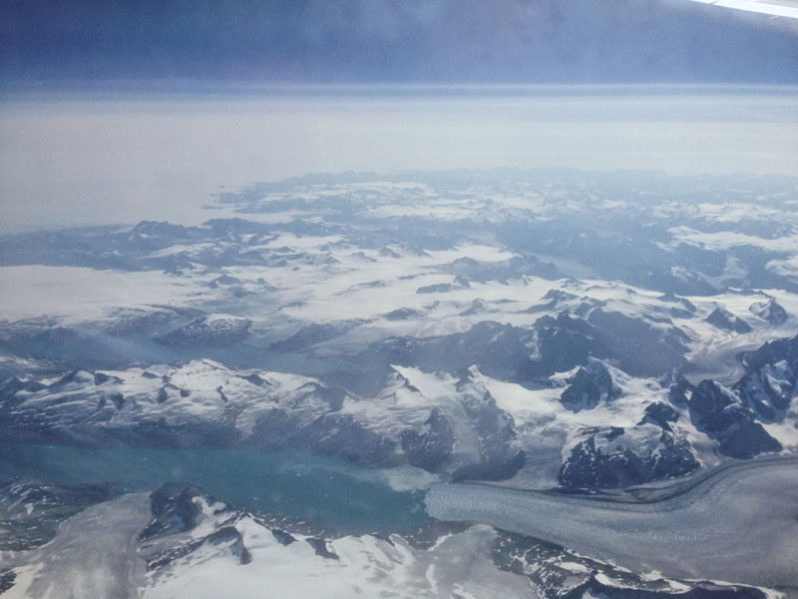
The “Atlantification” and “Pacification” of the Arctic has begun. As warmer waters stream into an increasingly ice-free Arctic Ocean, new species — from phytoplankton to whales — have the potential to upend this sensitive polar environment.
USGS Tracks How Hurricane Floodwaters Spread Non-Native Freshwater Plants and Animals

Hurricanes Harvey, Irma, Maria, and Nate may have spread non-native freshwater plants and animals into new water bodies, where some of them can disrupt living communities or change the landscape. Storm surges and floodwaters can quickly spread non-native aquatic species into waterways where they weren’t found before. They can even create temporary freshwater zones in saltwater environments
The Baltic Sea as a time machine
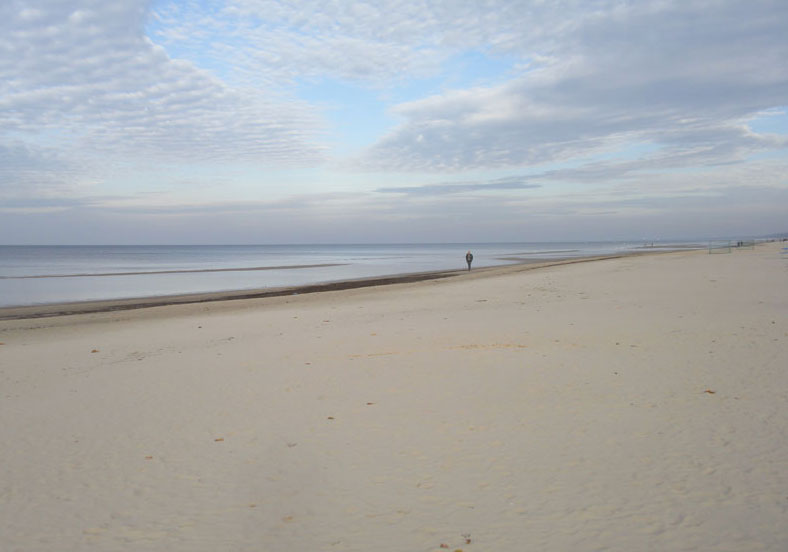
Warming, acidification, eutrophication, and the loss of oxygen are examples of major changes being observed or expected for the future in coastal zones around the world. These processes are occurring in the Baltic Sea at a much faster pace than in other regions.
Alligators on the beach? Killer whales in rivers? Get used to it
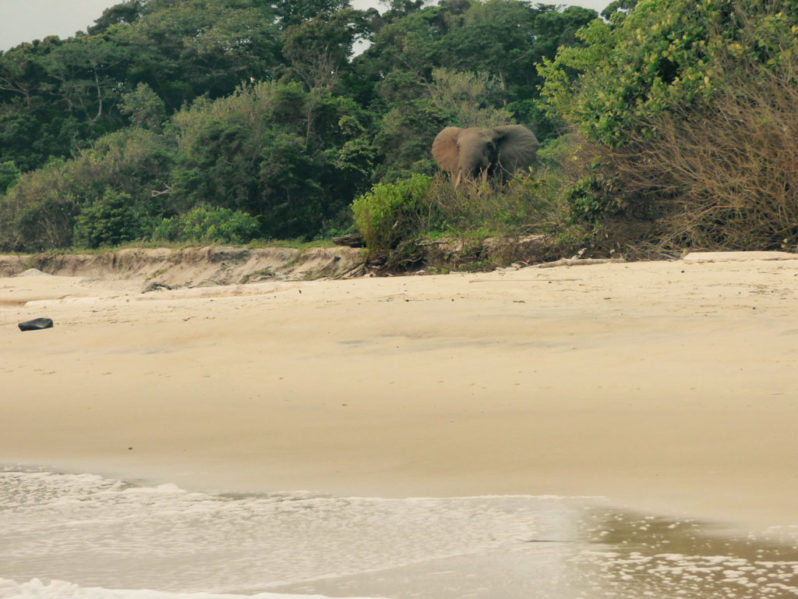
Sightings of alligators and other large predators in places where conventional wisdom says they ‘shouldn’t be’ have increased in recent years. These sightings signify the return of highly adaptable predators to prime hunting grounds they occupied long ago — a trend that opens new opportunities for future conservation.
Could sunscreen be destroying our coral reefs? Hawaii lawmakers say yes
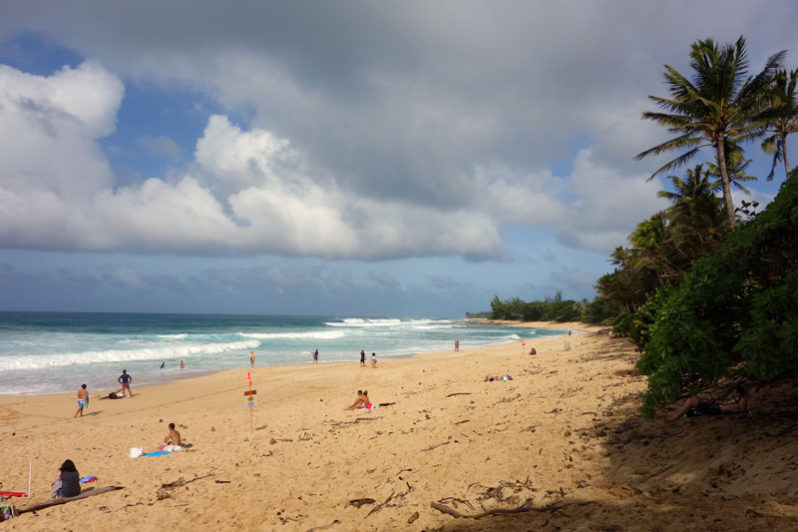
Hawaii is set to become the first state to ban the sale of sunscreens containing oxybenzone or octinoxate, two chemicals believed to be harmful to the environment.
Striking aerial photos show human impact on the natural world
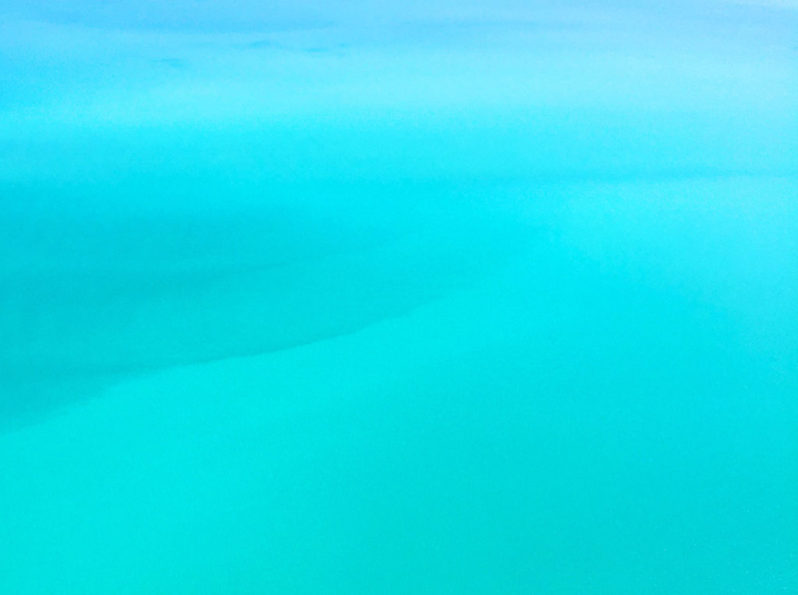
Shot in Spain and southern France, these images were taken by aerial photographer Tom Hegen, who uses drones, hot air balloons, helicopters and planes to document the impact of human activity on the natural world…
